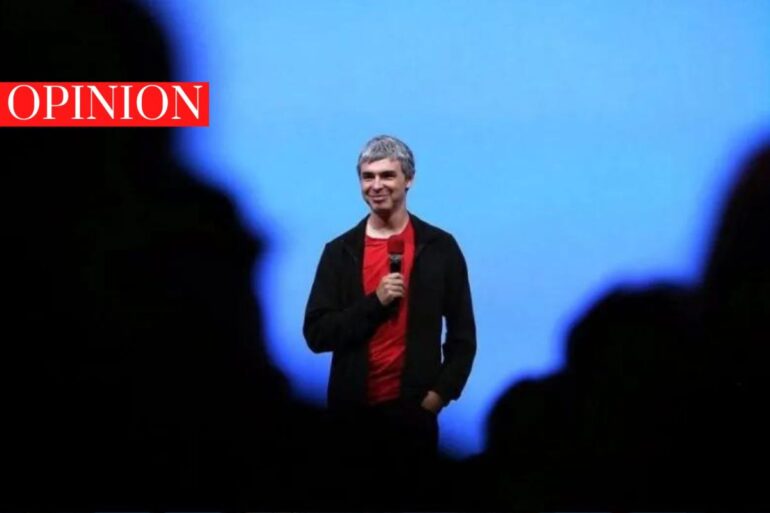As social media gives way to biotech, an era of ultra young billionaires might be over
From Larry Page to Jeff Bezos, the billionaires of yesteryear were masters of timing. For the new generation it’s harder to make that kind of money, but easier to make an impact, writes Leon Emirali
Remember the early 2000s? When the stuffy suits of Wall Street were replaced by the scruffy hoodies of Silicon Valley amongst the corporate elite. Names like Zuckerberg, Spiegel, Page, Brin and Bezos – now the old guard – were synonymous with the golden era of youth entrepreneurship and stratospheric success. Their twenties and thirties were not spent grappling with existential dread, but instead a welcome union with billions of dollars. But now we’re left asking the question: where have all the young billionaires gone?
The early 2000s were an era of digital revolution and internet gold rush, which saw these prodigious talents rise and create empires that fundamentally redefined the way we live and operate to this very day. The spectacle of Facebook’s Mark Zuckerberg, donning his now iconic grey t-shirt, going from a Harvard dropout to the world’s youngest self-made billionaire was something akin to a modern-day fairy tale. Similarly, Evan Spiegel, the co-founder of Snapchat, dazzled us when he entered the billionaire’s club in his early twenties, as the youngest CEO of a publicly traded company in the United States.
Larry Page and Sergey Brin had us googling everything under the sun. Jeff Bezos, a poster child of the e-commerce revolution, dared us to dream of a world where shopping could be done from the comfort of our couches. All became billionaires before their 35th birthday.
Fast forward to today and the landscape seems eerily devoid of such stories of youthful achievement. The creation of fresh-faced billionaires appears to have slowed. Could it be that the last generation simply picked all the low-hanging fruit, leaving little for the following generations? Have we run out of disruptive ideas, or are we simply waiting for the next big wave of innovation in the guise of artificial intelligence, the metaverse and clean energy?
The tech billionaires of yesteryear were masters of timing. They were at the right place, at the right time, with the right idea, capitalising on opportunities that sprung from the dawn of the internet. Today’s young entrepreneurs are playing on a field that is much less fluid. Naturally, this makes it harder to carve out their paths, all whilst facing the traditional barriers of regulation and competition that were scarce in the ‘dial-up’ years of the internet.
There’s also a change in the nature of innovation. Today’s breakthroughs are increasingly found in much more complex sectors like biotech, artificial intelligence, and quantum computing, which require not only a brilliant idea but also time, expertise, and heavy investment. These fields are not as easily accessible to wunderkids as the digital playground of the past. Mark Zuckerberg was famously dubbed the “accidental billionaire”. It seems as though becoming a billionaire is no longer that fortuitous.
And maybe, perhaps, the current generation is redefining success. Today’s young entrepreneurs are more concerned with impact than income. They measure achievement in sustainability and social change, not crude pounds and dollars.
The dwindling number of young billionaires may seem alarming or may spark a sense of schadenfreude in some. But let’s not rush to write an obituary for the young billionaire just yet. The Gen-Z wannabes might be playing a longer, more complex game.
They may not come as rapidly, or in the same guise as the Zuckerbergs and Bezoses of yesteryear, but come they will, in their own time, in their own way. After all entrepreneurship and success are not limited by age or era, only by the boundaries of innovation.
This content was originally published here.



